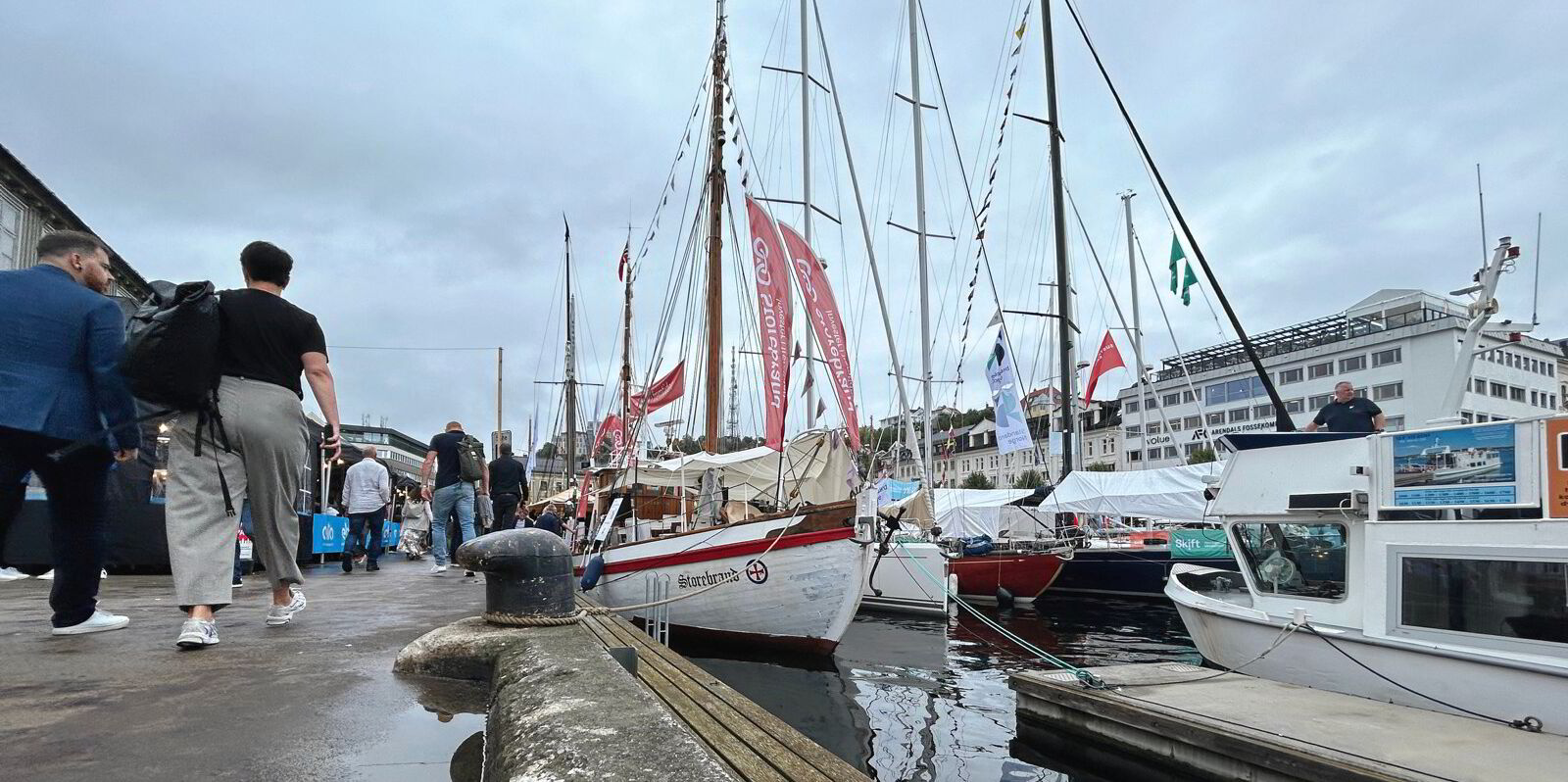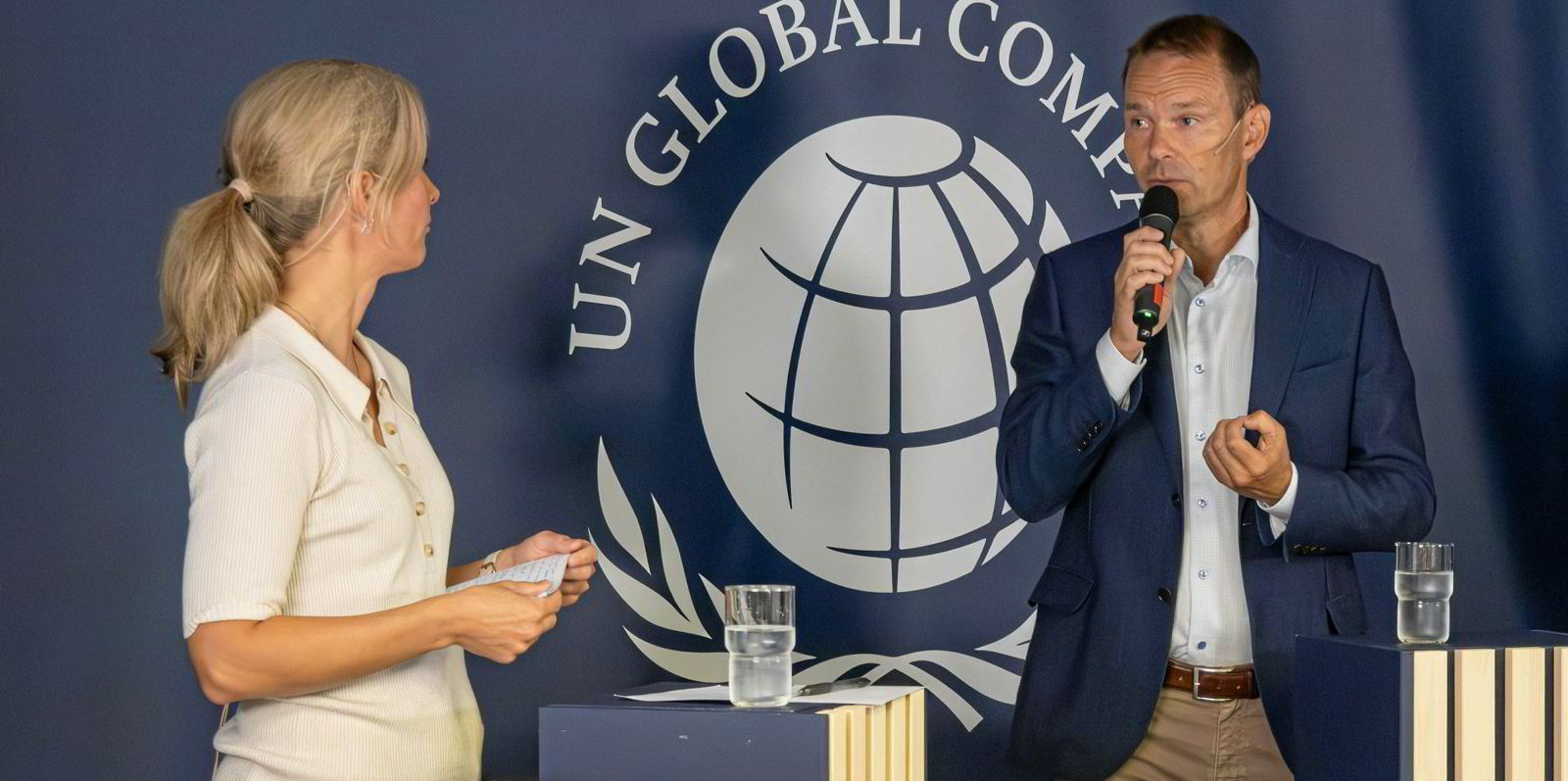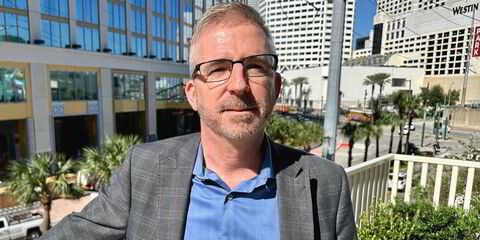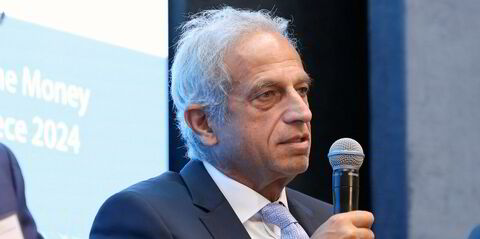Norway is 119th in the world when it comes to population — but it has the fifth-largest owned merchant fleet globally.
So why shouldn’t shipping — one of the pillars of the Norwegian economy — make its presence felt at the Arendalsuka annual forum in Arendal?
To the non-Scandinavian observer, the event might seem strange.
Anyone with any sort of nexus with Norwegian civil society descends on the town of nearly 38,000 residents each year for a week of panels, exhibitions and socialising.
The crowd ranges from marijuana legalisation advocates to car enthusiasts to the parties making up Norway’s ruling coalition.
Tents line the streets and public squares of the south coast town and even boats and ships are enlisted to hold events alongside Arendal’s downtown restaurants.
Events topics range anywhere from the welfare of children to the war in Ukraine and everything in between.
Among them, with an increasing number each year, are issues related to the shipping industry.
At least two dozen events this week were directly connected to the Norwegian maritime industry, offshore wind or carbon capture and storage. Many others touched on issues of interest to shipping, such as geopolitics, Norway’s defence posture and the green transition.
Many have said that this is a new phenomenon for the industry, which has been described as focused largely on business until recently.
The new demands on shipping, such as environmental regulations from the International Maritime Organization and the European Union Emissions Trading System, are said to be helping Norwegian shipping to take a more outward-facing approach in an effort to keep up its competitiveness.
The Norwegian-owned fleet faces threats at sea from actors looking to upset the norms of freedom of navigation — chief among them at the moment are the Houthi militants in Yemen whose attacks have drastically reduced vessel traffic in the Red Sea.
The Norwegian Shipowners’ Association event on Tuesday entitled “Freedom of navigation and the future of trade” held in conjunction with the US Embassy in Oslo illustrated the industry’s public-facing turn.
There, the trade group’s new chief executive, Knut Arild Hareide, implored the Norwegian politicians he was sharing the stage with to do more on the security front.
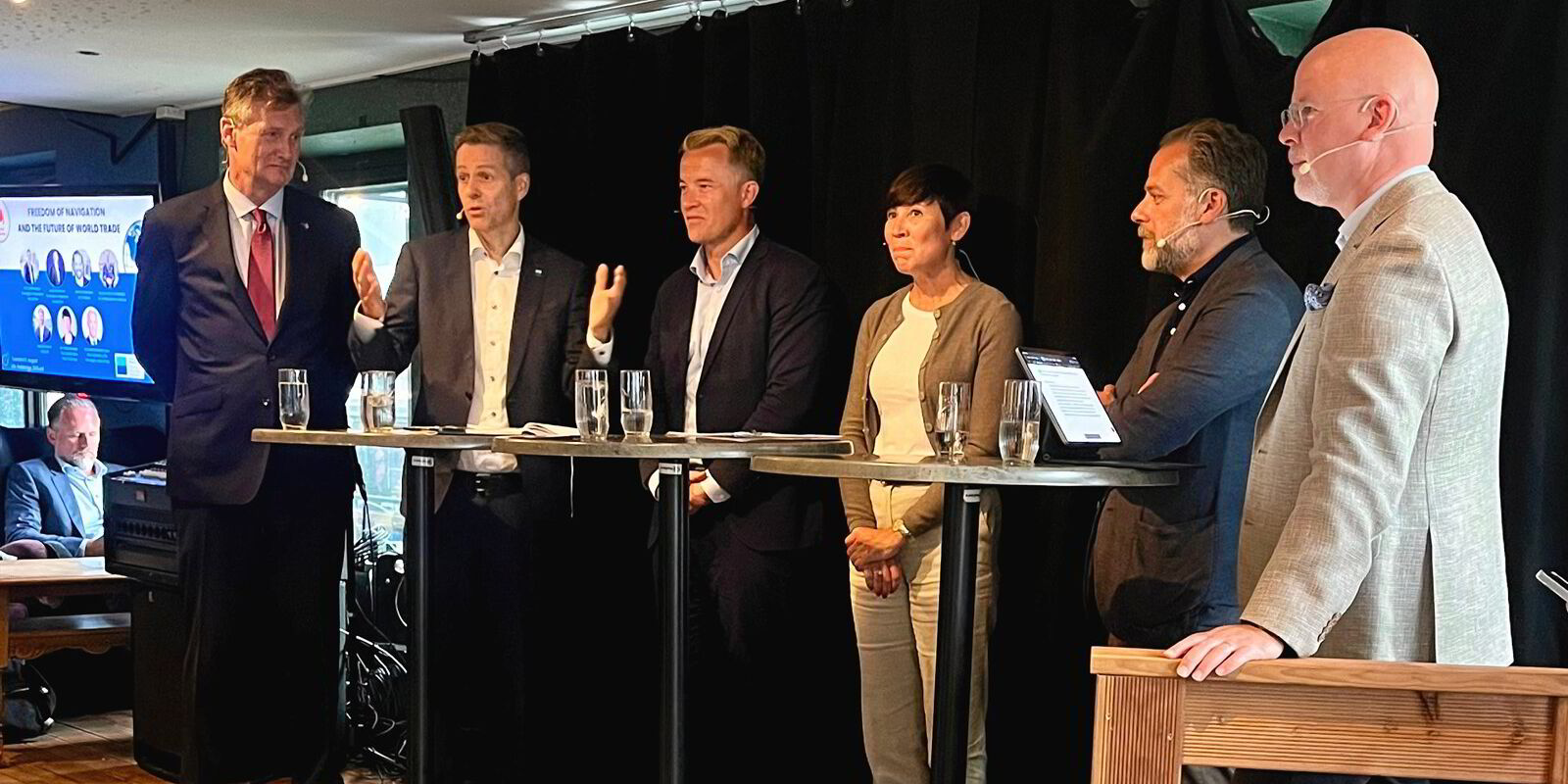
“I think Norway must step up,” he said.
“We have today a unique, I would say, private-public cooperation between the Norwegian authorities and the maritime secretary in Norway today. It’s unique, and it’s very good but I’m not sure it’s good enough for tomorrow.”
Hareide then dipped into his background in politics as leader of the minority Christian Democratic Party to illustrate his point to his compatriots.
“When it comes to the maritime industry, Norway is one of the biggest nations in the world, so we cannot behave like the Christian Democratic Party. We must behave like we are, the Labour Party, the Conservative Party, to take our share,” he said. “Can you agree?”
